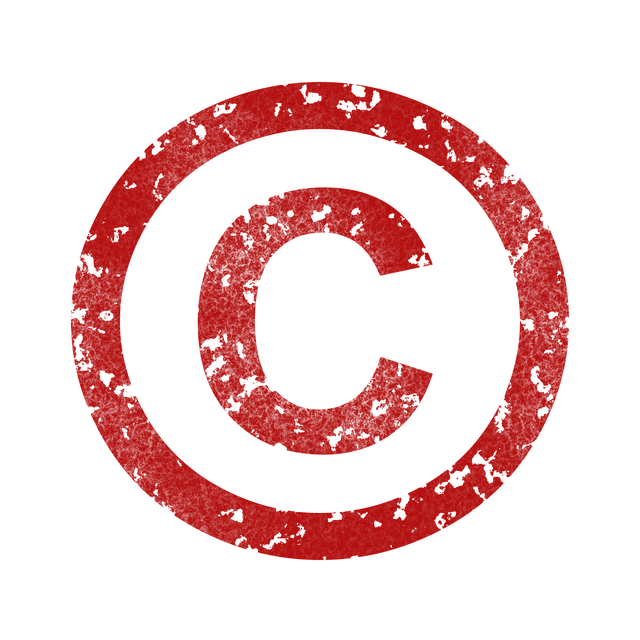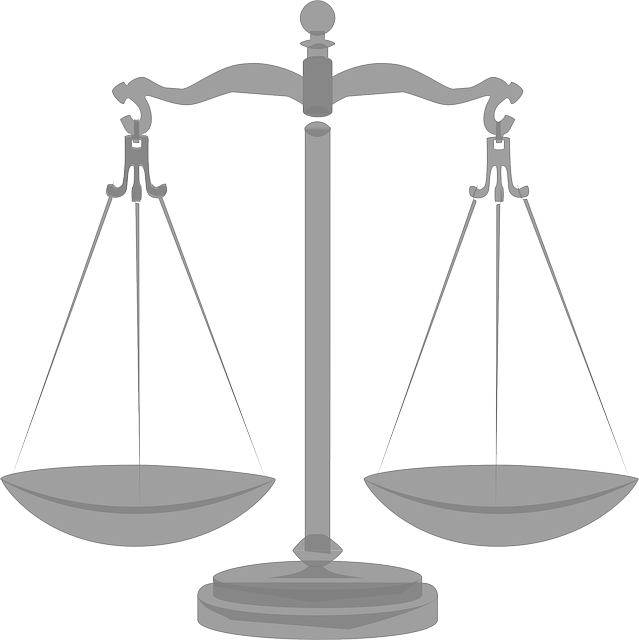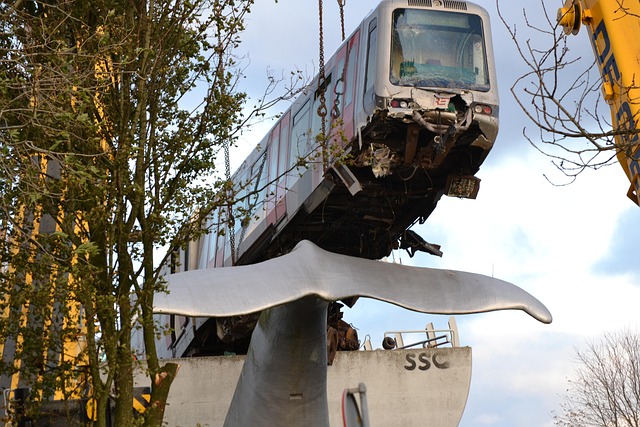Tractor trailer accidents result from multifaceted causes like driver error, vehicle maintenance issues, environmental factors (e.g., poor weather), and driver fatigue. Assigning liability requires analyzing various factors such as fault determination, party actions, and legal implications under state-specific truck regulations. Prompt medical attention and thorough documentation of injuries are crucial for personal injury claims. Engaging a skilled lawyer specializing in truck accidents is vital to navigate complexities and ensure adequate compensation, considering human error, vehicle defects, or negligence in maintenance routines that contribute to crashes.
In the complex world of trucking, understanding tractor-trailer accident liability is paramount. These large vehicles, while crucial for logistics, pose unique safety challenges. This article delves into the multifaceted issue of assigning fault in tractor-trailer accidents, exploring key causes and legal considerations. From driver fatigue to equipment malfunction, we navigate the intricate factors that contribute to these crashes, providing insights into how liability is determined and offering guidance on handling complex truck crash cases effectively.
- Understanding Tractor Trailer Accident Causes
- Assigning Liability: Key Factors and Legal Considerations
- Navigating Fault Issues in Truck Crash Cases
Understanding Tractor Trailer Accident Causes

Tractor trailer accidents can be complex due to their multifaceted causes. Often, these incidents result from a combination of driver error, vehicle maintenance issues, and environmental factors. Driver fatigue is a significant concern, especially in long-haul trucking, as it impairs reaction times and decision-making abilities. Additionally, improperly loaded or maintained trailers can shift during transport, leading to loss of control and potential collisions. Environmental conditions such as poor weather, including heavy rain, snow, or fog, also contribute to these accidents by reducing visibility and road traction.
Understanding these causes is crucial for identifying liability in tractor trailer accidents. Investigating factors like driver logs, maintenance records, and weather reports plays a vital role in determining fault. Personal injury claims arising from such accidents often involve complex legal considerations, particularly when medical negligence is suspected. Prompt medical attention and thorough documentation of injuries are essential steps for those affected by these incidents to ensure they receive appropriate compensation for car accident injuries.
Assigning Liability: Key Factors and Legal Considerations

In the event of a tractor trailer accident, assigning liability is a complex process that involves careful consideration of multiple factors. Key elements include determining who was at fault, evaluating the actions of all parties involved, and understanding the legal implications. For instance, if a truck driver was speeding or failed to follow proper safety protocols, these negligence acts could directly contribute to the accident’s causation. In such cases, both the driver and their employer (if it’s a company operation) may bear responsibility.
Legal considerations play a significant role in assigning liability for tractor trailer accidents. State laws regarding truck regulations, driver duty of care, and personal injury compensation vary widely, influencing how fault is determined. A skilled personal injury lawyer specializing in truck accidents can navigate these complexities, ensuring that victims receive the appropriate injury compensation they deserve from the responsible parties or their insurance carriers. Engaging a competent truck accident attorney early on can significantly impact the outcome of any legal proceedings related to such incidents.
Navigating Fault Issues in Truck Crash Cases

Navigating fault issues in tractor trailer accidents is a complex process that requires careful consideration of various factors. In many cases, determining liability involves examining the actions and omissions of multiple parties involved, including drivers, trucking companies, manufacturers, and even other road users. When investigating these crashes, experts often uncover clues related to human error, vehicle maintenance, or defective products that contribute to the incident.
For instance, in business litigation stemming from a tractor trailer accident, faulty brakes or tires could be a significant factor. If a manufacturer failed to adhere to industry standards or used subpar materials, it might be held liable for any resulting damages, including injuries or property loss. Similarly, if a trucking company neglected proper maintenance routines, neglectful oversight could fall under wrongful death claims, especially if such negligence directly led to the crash. Understanding these complexities is vital in ensuring fair compensation and justice for all affected parties.
Tractor trailer accidents involve complex liability and fault determinations. By understanding the causes of these crashes, focusing on key legal factors, and carefully navigating fault issues, individuals can secure justice and compensation for their injuries. In cases where negligence or liability lies with the truck driver, shipping companies, or other parties, a comprehensive understanding of these dynamics is essential to building a strong case.






